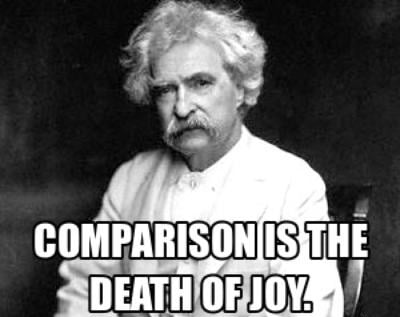While is a conjunction primarily. It has overflowed its primary meaning,
during the time that, into realms that belong to
although, whereas, and, and the semicolon without connective.
- Thirty-five of the fifty female skiers made their way through the course, while only thirty of the fifty male skiers completed it.
- Sixteen of the female skiers were American, while nine were Australian.
The first
while plainly means
whereas (= but by contrast); the second means nothing (sixteen were American; nine were Australian).
- He said his daughter could jump, while (should be "and") his son and nephew could slalom.
(should be "although") born right-handed, he had learned to ski 'right-footed.' (should be "and") in the next decade this heavy figure is expected to double. (should be "and") two popular prizes will be given on the last day.
- He recalled that while
- In the past six years alone college enrollment has jumped 45 percent, while
- Cash prizes will be presented the first day of the show, while
What is worth noting about these specimens is that the facts linked with
while belong to times expressly stated to be different. To write that something happened today
while something else happened ten years ago is to work hard at achieving contradiction.
Ideally, the conjunction
while should be restricted to the linking of simultaneous occurrences in a situation where simultaneity has a point.
- Then it is the brave man who chooses, while the coward stands aside.
No writer, surely, can do himself harm by declining to use it otherwise. Yet as things stand, it is impossible to make much headway against such a use as
- While there have been more than 100 callers soliciting in this area, it has not been possible to call on everyone.
This
while is a concessive that means
although, and its claim to grudging acceptance is that it entails no temporal clash between facts. To tolerate
while as a link between events patently not simultaneous is to misapply tolerance:
- In the daytime he's star of his own show, while at night he becomes the general announcer on the nationwide talk show.
The mind accustomed to ignoring what
while means will soon not respond to its true meaning in
One idles while the other works.









